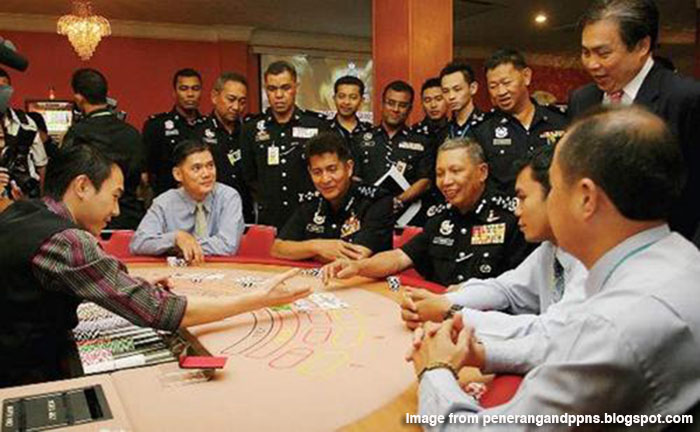Shia Islam was legal in the 80s… why are its followers being arrested now?
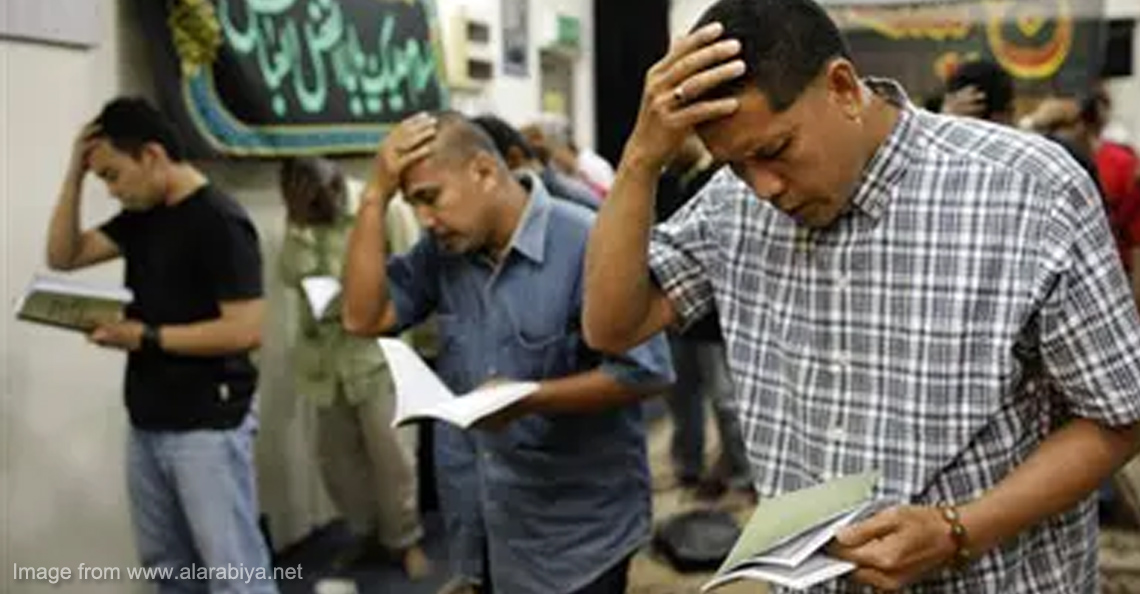
- 1.2KShares
- Facebook1.1K
- Twitter10
- LinkedIn8
- Email25
- WhatsApp59
Malaysia’s religious authorities have in the past been known for crashing various celebrations like weddings, parties, dinners and even funerals.
So it probably won’t be that surprising when religious authorities conducted another raid just a few weeks ago. But this time around, these raids were pretty huge. The religious authorities in Selangor (JAIS) and Johor (JAINJ) crashed private events and properties in respective states, and arrested more than 23 men, women and even children.
Now, these events weren’t just any private events (no, not even the notty ones ok) but a special celebration organised by followers of Shia Islam: Ashura.
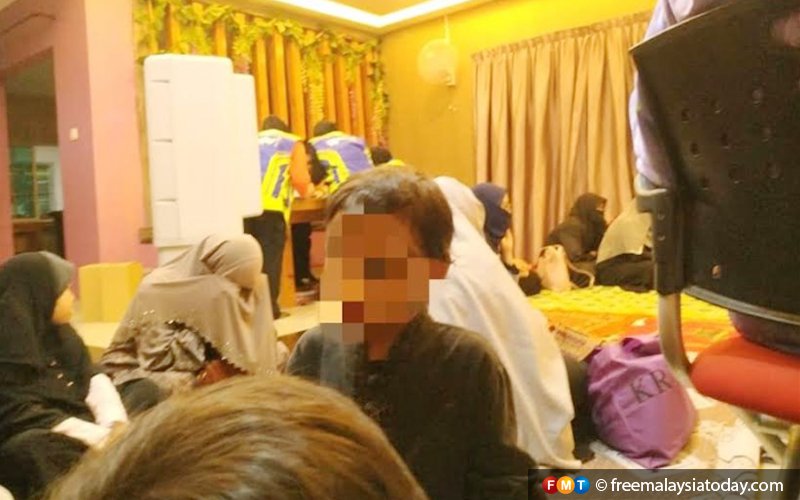
Ashura falls on the first ten days of Muharram, which was sometime earlier this month, and you might see a number of Muslims in Malaysia, who are Sunnis btw, fasting on that day. On the contrary, Shia Muslims would have a different kind of Ashura celebration – but we’ll get to that in a bit.
Now this is not the first time religious authorities have raided events like this. But, this time around, the Shiites were not only arrested but were also allegedly harassed by the police officers. Well, what did the Shiites do to receive such alleged treatments? To understand where all these sentiments came from, we may need to understand the origins of Shia Islam in Malaysia.
Shia teaching has apparently been around here since… the Portuguese conquest???
Basically, the Sunni and Shia believers are Muslims but the divide started back in 632 when Prophet Muhammad died. This raised a question of who were to take over the leadership of the Muslim nation. On the one hand, the Sunni Muslims agreed with the Prophet’s companions at the time of his death that the leader should be elected from those capable of doing the job.
On the other hand, the Shia Muslims believe that the leadership should be directly passed on to his cousin or son-in-law, Ali bin Abu Talib.
But their beliefs aren’t the only thing that differs. Although both are Muslims, each have their own traditions and ways of prayers but if we were to go in deeper into that, y’all be reading a whole book about them. So if ugaiz are interested to know more, you can click here and here.
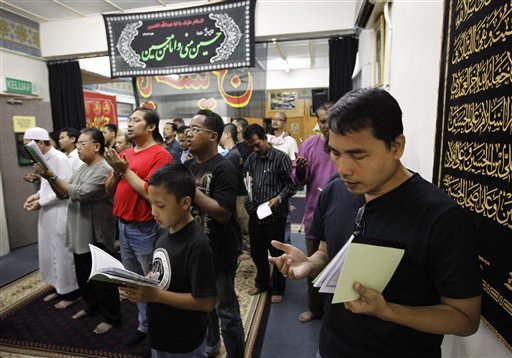
Back home, there are several arguments as to when the Shia influence started in our country. One argument based on a document on a conquest of Melaka, Commentarios, in 1511 by the Portuguese claimed that the influence of Shia has been around during that era. The document pointed out that there were at least 3,000 Persians during the fall of Melaka and that they were all Shiites.
However, this argument is considered pretty weak considering the Persians didn’t really conduct a mass-conversion on the locals.
A more solid research showed that the British brought in Indian Shia followers to join its military forces in Penang. This argument is considered pretty valid as the Indian Shiites managed to introduce the Shi’i culture that has since been adapted by the Malays: Boria.
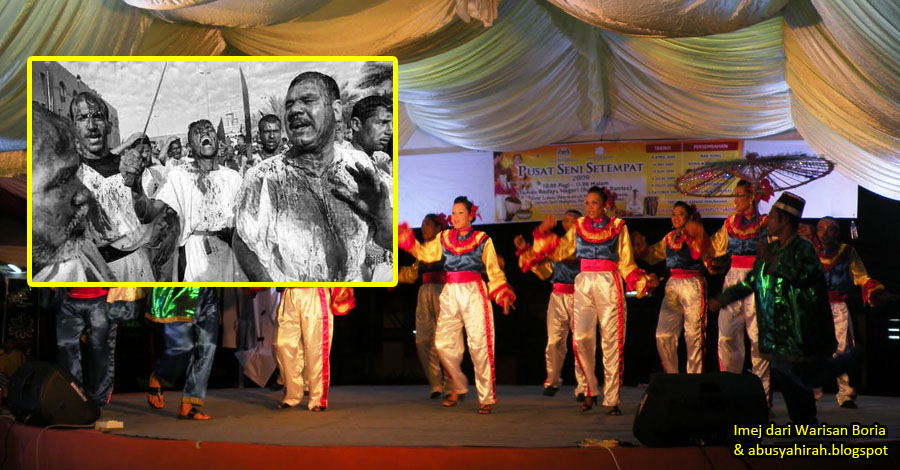
“Boria, celebrated during the first ten days of Muharram in commemoration of the tragic events of Karbala, had its apex in the 19th century and is still practiced in contemporary Malaysia, where it has become a part of the Malay heritage.” – excerpt from Facts of Shi’ite Islam in Contemporary Southeast Asia (II): Malaysia and Singapore.
But Shia presence became more prominent in Malaysia during the 1979 Iranian Revolution, which was a series of events that involved the overthrow of the last monarch of Iran, Mohamed Shah Reza Pahlavi, and the replacement of his govt with an Islamic republic under the Grand Ayatollah Rohulloh Khomeini.
This revolution, according to a prominent critic of Malaysia’s religious authorities, Dr Ahmad Farouk Musa, sparked the narration of the Shia-Sunni conflict among other things like the use of the tudung among Muslim women, especially in Malaysia.
“This revolution was basically a rude shock to the leadership of Saudi as it argued that Islam and hereditary kingship were incompatible. So why should we in this country be propagating hatred towards Shia?” – Farouk told FMT.
After the revolution, the Iranian govt had even sponsored some selected people for religion-educational trips to Iran to gain support from Muslims worldwide. Some Malaysians who were sponsored for these trips allegedly include Anwar Ibrahim and a host of PAS leaders. As the result, the Malaysian govt was apparently wary that the dangers of the revolution would be exported across its borders, reaching our own country.
But fear alone may not be the only reason. And, oddly enough, there was a period of time where this wasn’t even the case.
Actually… Shia teachings were legal back in the 80s
The Malaysian govt didn’t really ban Shia teachings right after the Iranian revolution. In fact, the Shia teachings were apparently considered legal and acknowledged by the govt for… two years – from 1984 to 1986! So why the sudden change of mind?
According to the Malaysia Islamic Development Department (JAKIM), Shia teachings deviate from the true form of Islam. Based on thorough studies JAKIM did, they argue that deviations of the Shia teachings include:
- Believing that the imam is infallible, that is, free from any sin;
- Regarding the companions of Prophet Muhammad as infidels;
- No Friday prayers;
- Rejecting the views of ulamas;
- Allowing the combining of the obligatory daily prayers in all situations without any reason, among other things.
But the ‘Shia is deviant’ label was apparently only given to the Shia community in 1996 when the National Fatwa Council acknowledged that Sunni Islam is the official and permitted form of Islam in Malaysia, which meant Shia Islam cannot be practiced or spread to others. However, under the Federal system, decisions like this require the agreement of individual states for it to have any effect like banning the teachings and conducting raids.
And what’s interesting about this is how only 10 out of 14 states initially agreed to this decision. In fact, Kedah had only agreed to this decision back in 2013 at the urging of the Sultan.
With this agreement, the religious authorities were able to ban the teachings and books (like Faisal Tehrani’s books), conduct raids on Shiites and seize items. But, yes, we also get how some of you may think that the religious authorities are being lenient towards Shiites like this guy here:

The religious authority in Selangor, on the other hand, has even gone to the extent of preparing Friday prayers’ sermons emphasising that Shia is ‘deviant’ and reminded Muslims to not be easily influenced by the Shia ideology. Not only that, these sermons also urge Muslims to be the ‘eyes and ears’ of the religious authorities. These sermons and talks have also made reference to the Syrian Civil War, which is often inaccurately presented as the clash between Sunni and Shia forces.
In fact, over the years, the govt has been conducting raids, especially during Ashura – the day Shiites would mourn the martyrdom of Hussein, the Prophet’s grandson, at Karbala. Earlier in the intro, we mentioned that it was celebrated during the first ten days of Muharram.
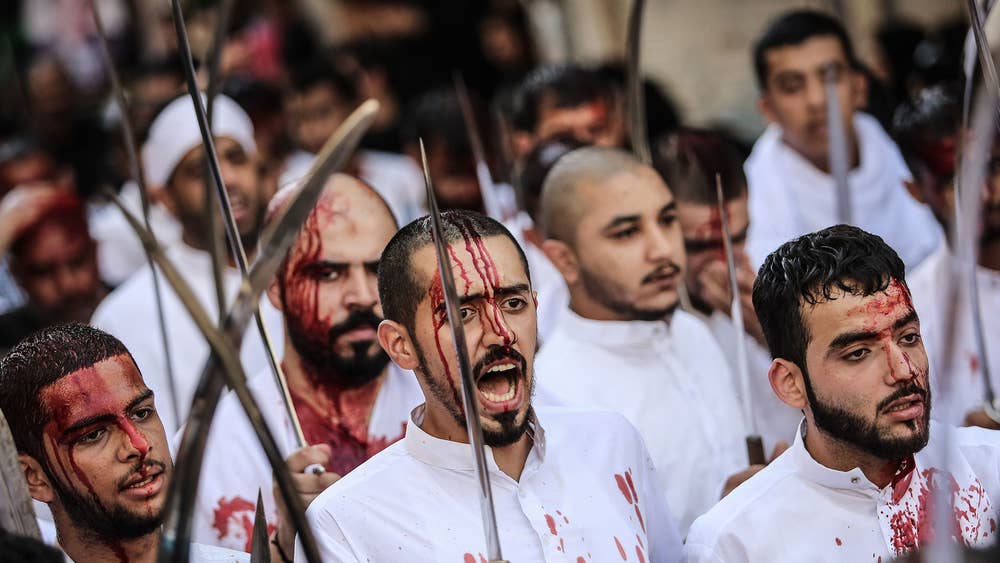
During this period, Shiites in Malaysia, about 300,000 of them who practice their beliefs in private, would normally hold private ceremonies at home. But because the teachings are banned here, religious authorities have been raiding these ceremonies yearly.
Recently, even the Shia’s Headquarters in Gombak was raided by JAIS, where 23 Shiites were arrested. Not only were they arrested, JAIS had also seized some items like banners, Karbala stones (which are used for their prayers), picture frames and Shia-related books.
While these raids are typical, an eye-witness during the raid told FMT that the religious authorities in Johor, with the help of police officers, were harsh this year.
“A police officer had kicked one of the detainees for questioning the action against them. This officer said, ‘Don’t talk too much or else I’ll beat you up.” – Witness told FMT.
Not only that, the raid conducted this year also involved the arrest of foreigner Shiites from Yemen, Indonesia and Singapore. They were all detained under Section 9 of the Johor Syariah Criminal Offences Enactment for violating the order of the sultan, mufti as well as fatwa, which carries a RM3,000 fine and one-year jail sentence.
This is a bit contradicting with what the then-minister in charge of Islamic affairs, Jamil Khir Baharom, had assured which is…
Religious authorities CANNOT kacau this group of Shia followers as they wish
…and they are the Shiites from other countries.
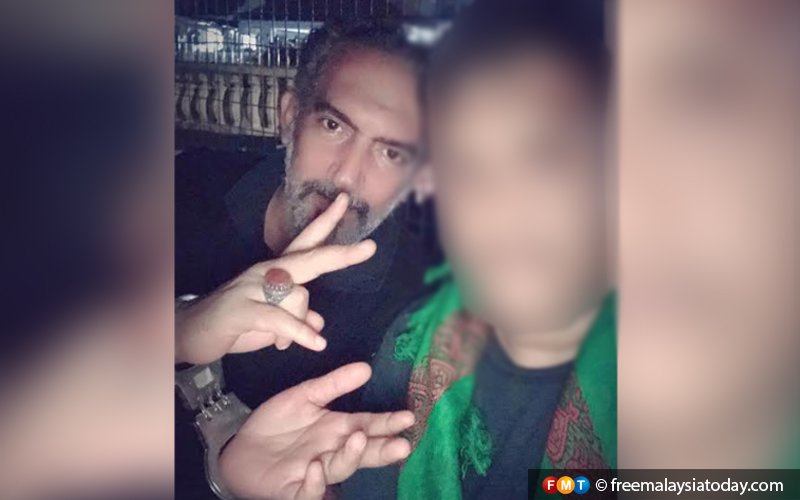
Well, that’s because back in 2013, Jamil assured that foreign Shiites can practice Shia teachings in private as long as they don’t spread the teachings to others.
“We never harass Shia followers, but it’s just that they are banned from spreading the ideology.” – Jamil, excerpt from FMT.
But that’s seemingly not the case lately. In 2017, JAIS started raiding and arresting foreigner Shiites including a number of Iraqi students in Serdang, Selangor when they were celebrating Ashura but they were later released after the Iraqi Embassy interfered. The arrests actually sparked protests in Baghdad and the govt was warned that the action may damage bilateral relations.
However, the recent crackdown also included a raid made by JAIS on an Iranian woman’s house in Ampang, who was also celebrating Ashura. But, unlike the Iraqi Embassy, the Iranian Embassy did not even interfere when she was arrested despite being forced to do so. The reason for this? Apparently, it has something to do with Dr Mahathir’s visit to Iran next month. That might be why, a source close to diplomatic circle told FMT that the Iranian Embassy did that as it did not want to interfere with our country’s affairs.
Speaking of international relationship, banning Shia may somehow backfire our country as it did in 2014. When UMNO launched an anti-Shia campaign, Iranian traders have launched an unofficial boycott on Malaysian products, causing millions of ringgits in losses. But those Malaysian products weren’t the only thing that was affected. The Iranian govt had put several bureaucratic obstacles against Petronas too.
Despite what happened then…
Our country is still continuing the ban on Shia
And the major crackdown may just be one of the things religious authorities would do. According to the eye-witness at Johor’s raid, those who were arrested would normally be released after being questioned by religious authorities. Besides, Shia Muslims have never been charged by JAINJ in court.
“They have no case. They just try to scare and shame us.” – Witness told FMT.
While most believe that the crackdown is necessary, some argued that it is against the freedom of religion, which is constituted under the Federal Constitution. Farouk suggested that JAIS may wanna learn about Shiism from the primary source instead to understand them and the Sunni-Shia divide.
But this might not be possible at the time being. Consider this: a seminar on Amman message – a declaration signed by Muslim leaders worldwide pledging to end sectarianism, including the age-old Sunni-Shia conflict – was supposed to be held a few months back. However, a bomb threat posted on an anti-Shia Facebook group had caused the seminar to be canceled.
The Sunni and Shia divide is a never-ending issue, especially in the Malaysian context. In Malaysia, the act of propagating Shia is discouraged by state muftis and still an offence in most states.
“If they want to welcome Buddhists or Shias or whatever, it is their right as long as they (minority sects) don’t try to spread their teachings among Malaysian Muslims who are all Sunnis.” – Dr Mahathir told FMT.
- 1.2KShares
- Facebook1.1K
- Twitter10
- LinkedIn8
- Email25
- WhatsApp59

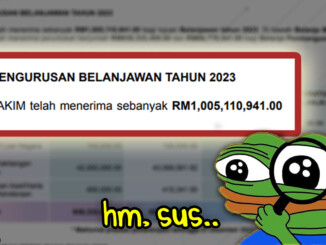
 . Amidst all
. Amidst all 
